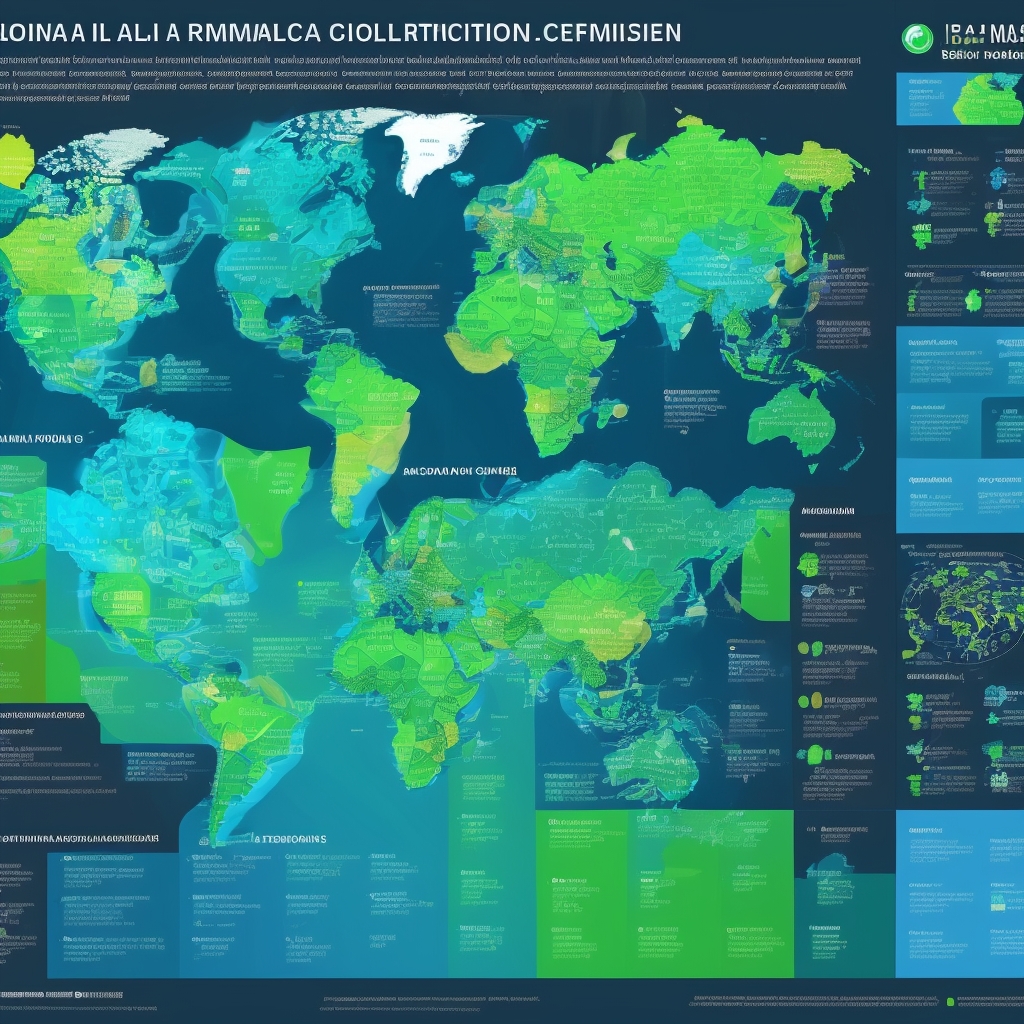Why Navigating Global AI Regulations Feels Like Learning a New Language
Last month, I watched another ethical and regulatory team make the same mistake I made five years ago with understanding global AI regulations. It’s truly frustrating because, here’s the thing, it’s so avoidable—if you know what to look for. You’d think that with all the incredible technology we have today, understanding AI regulations would be straightforward, right? But surprisingly, it’s like trying to learn a new language where the dialects change every few miles, and the grammar rules are rewritten quarterly.
The Real Problem: The Illusion of Uniformity
What’s interesting is how many people miss this crucial point: AI regulations aren’t a one-size-fits-all solution. Each country, heck, even different states within the same country, have their own unique set of rules, priorities, and interpretations of what truly constitutes ethical AI. It’s incredibly easy to fall into the trap of thinking, “Well, if I’ve got the EU guidelines down, I’m good globally.” But that’s like assuming you can drive confidently in any country just because you know the traffic laws in your hometown. Have you ever tried navigating the chaotic roundabouts of Paris after only driving on grid-patterned US streets? It’s a bit like that – familiar, yet entirely different, and potentially disastrous if you’re not prepared.
For instance, the EU AI Act, which officially took effect in August 2024, is hailed as the world’s first comprehensive AI regulation, introducing a tiered, risk-based approach. Meanwhile, the United States, particularly as of early 2025, operates with a more fragmented, state-level approach, with over 700 AI-related bills introduced by US lawmakers in 2024 alone, and 40 more in just the first few days of 2025. China, on the other hand, has been rapidly rolling out its own regulations on generative AI services and content labeling, with new draft measures and national standards released in September 2024, aiming to standardize how AI-generated content is identified. This constantly evolving patchwork, where governments are still experimenting and not systematically coordinating, can lead to significant compliance challenges for multinational organizations.
Practical Solutions for Understanding Global AI Regulations
So, how do you navigate this increasingly complex and, frankly, sometimes frustrating landscape? Based on my own experiences in the trenches, here are a few approaches that have consistently worked well:
- Start with the Big Players: Begin by understanding the foundational regulations from major regions. The EU’s GDPR and the new EU AI Act are critical, as they often set the tone for global standards. Similarly, keep a close eye on the U.S.’s emerging federal and state-level frameworks, which are a complex mix of existing laws and new legislative proposals, and China’s evolving, robust policies, particularly around data and content. But beware, as each has its distinct nuances and enforcement priorities.
- Local Expertise is Key: This is something a lot of folks unfortunately overlook, but it’s absolutely crucial for both compliance and strategic planning. Partnering with local experts in the countries where you’re operating can offer invaluable insights into not just the written laws, but also the crucial cultural and political context behind them. They can help you understand the spirit of the law, not just the letter.
- Continuous Learning: Regulations aren’t static; they’re living, breathing documents. They’re constantly changing, with legislative mentions of AI globally rising 21.3% across 75 countries since 2023. Subscribe to regulatory updates, engage with global AI ethics communities, and perhaps even join industry-specific working groups. You’ll find a wealth of shared experiences and emerging best practices that can save you a lot of headaches.
- Scenario Planning: Prepare for different regulatory environments by creating realistic scenarios based on current and potential future regulations. This proactive approach can help you stay agile as laws evolve, allowing you to pivot quickly rather than being caught off guard.
- Internal Training is Non-Negotiable: By the way, don’t ever forget the importance of robust internal training. Your entire team needs to be on the same page. Sometimes, that means breaking down complex regulations into digestible, relatable content. A little bit of storytelling, tying regulations to real-world impact, can go a long way in making these ideas stick and fostering a true culture of compliance.
What I’d Do Next: Personal Recommendation
If I were in your shoes right now, I’d prioritize building a diverse, interdisciplinary team with a rich mix of legal, technical, and cultural expertise. What I find absolutely fascinating is how often the most innovative and robust solutions to complex regulatory challenges come from interdisciplinary teams that can see the problem from multiple angles.
Also, don’t shy away from strategically investing in AI tools that can help monitor and adapt to regulatory changes. Think of them not as a replacement for human oversight, but as your indispensable GPS for navigating this incredibly complicated and ever-shifting landscape. While 51% of technology leaders cite compliance with AI-related regulations as a significant barrier, investing in the right tools and expertise can turn that barrier into a competitive advantage.
In the end, truly understanding global AI regulations is less about simply ticking boxes and more about fostering an organizational culture that’s inherently adaptable and profoundly informed. It’s not just about compliance; it’s about proactively building trust, ensuring your AI systems are aligned with the fundamental values of the societies they serve, and ultimately, future-proofing your business.
So, what’s your next move? Are you ready to embrace this global challenge with an open mind, a strategic plan, and the right team by your side?
Tags: AI Regulations, Global Compliance, Ethical AI, Interdisciplinary Teams, Continuous Learning







